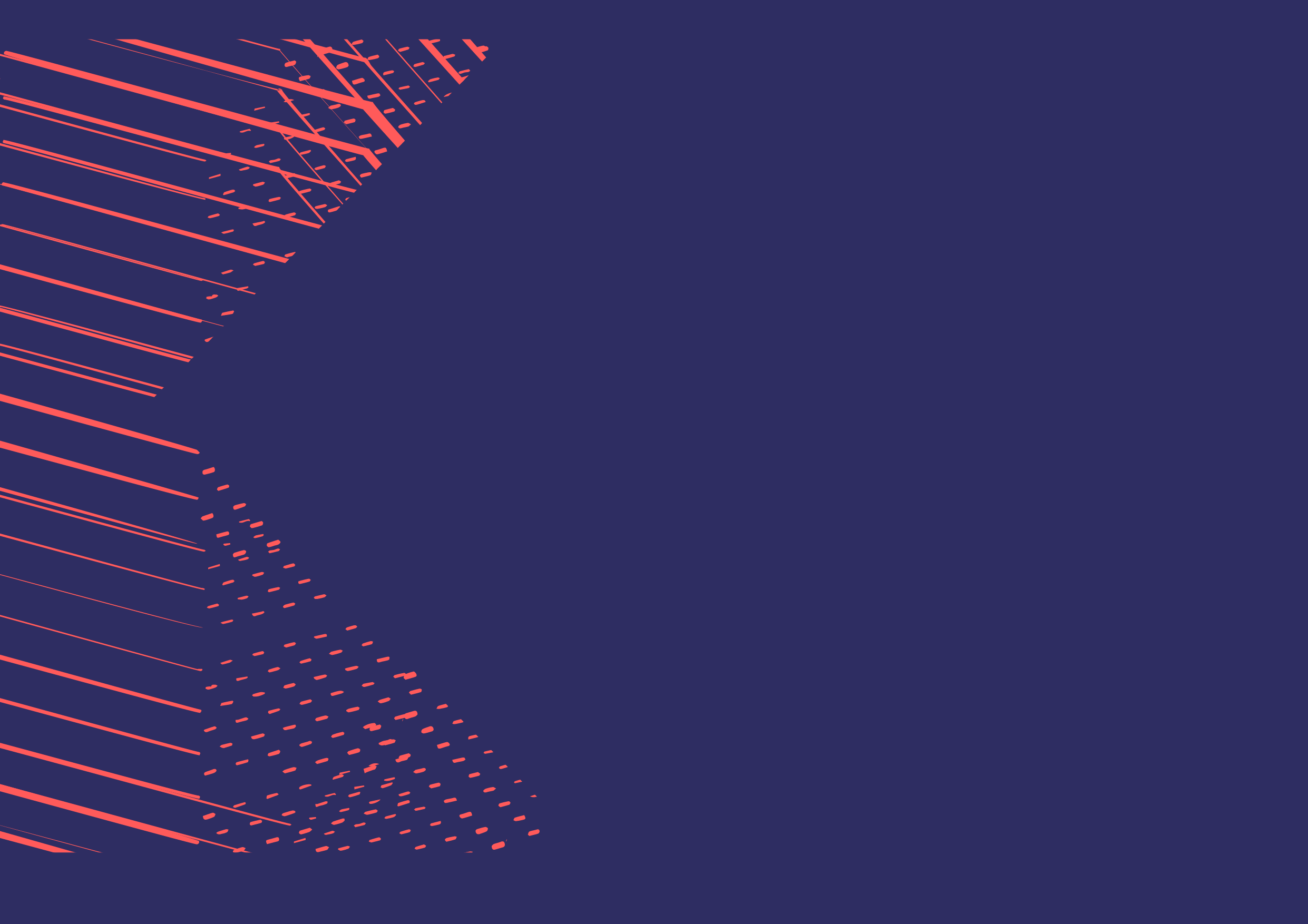Intelligent Robotic Inspection for Foundation Industry Optimisation (IRIFIO)
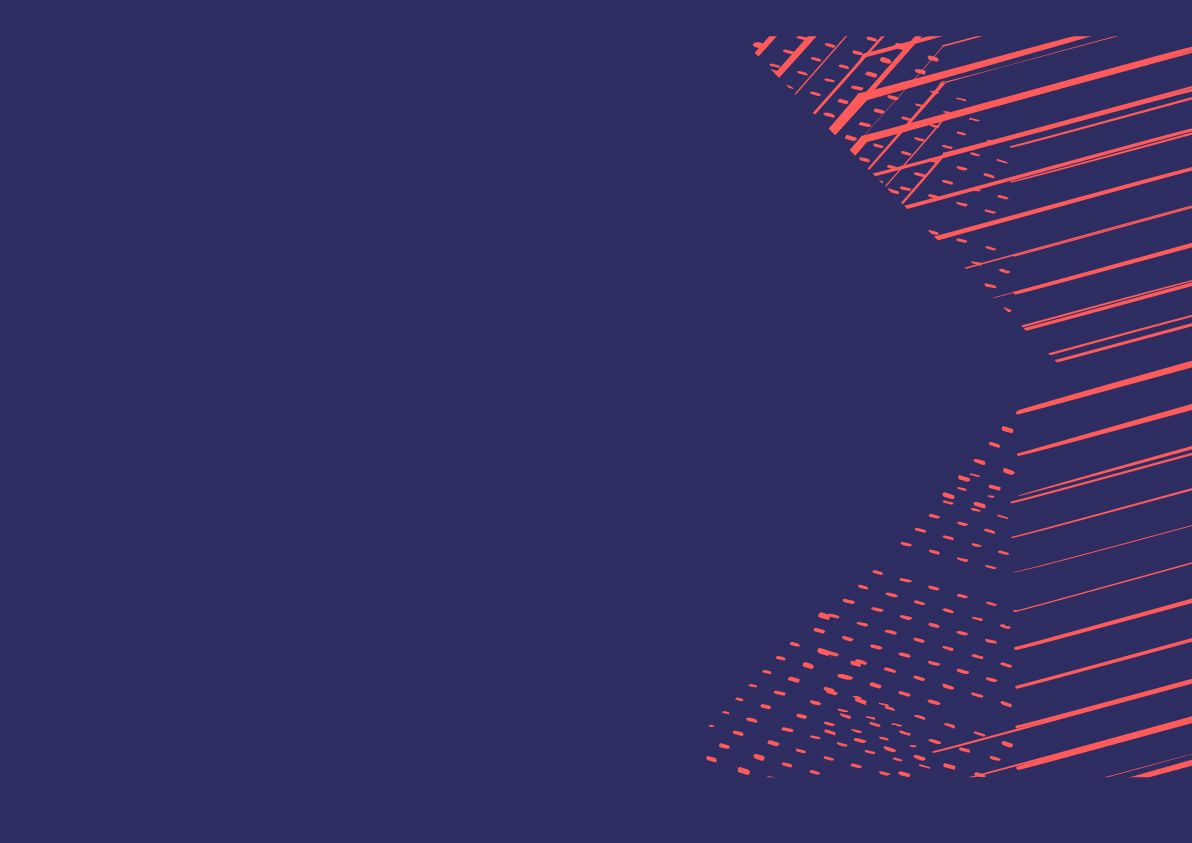
“[The technology] enables highly-accurate, repeatable production processes – reducing waste, energy expenditure and cost.”
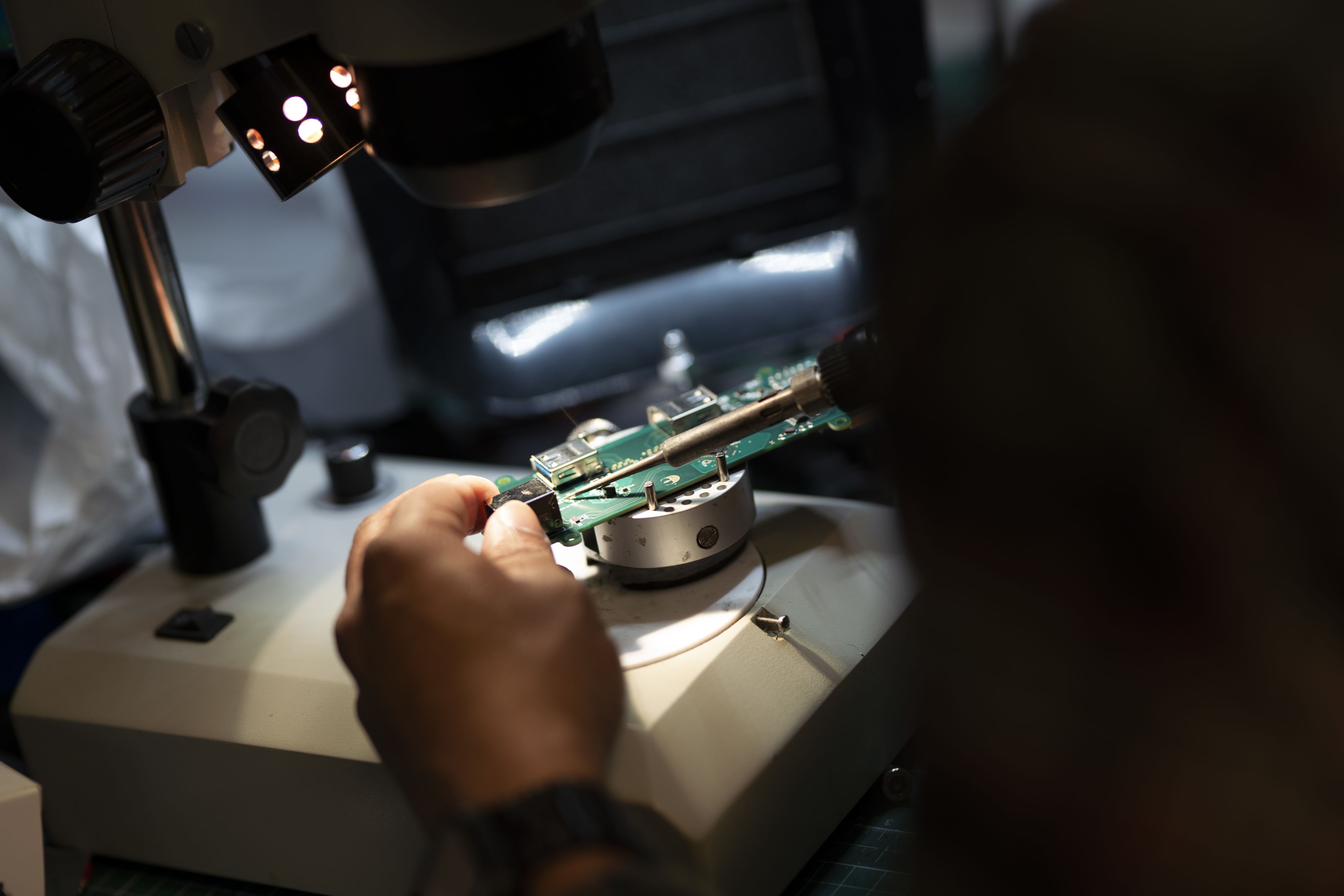
Glass
The UK produces £307m of toughened glass each year for use in architectural and vehicular applications, but around 1% of panels produced are affected by difficult-to-detect Nickel Sulphide (NiS) inclusions. These can cause failure in panels months and even years after installation, resulting in significant commercial implications for both panel manufacturers and end-users.
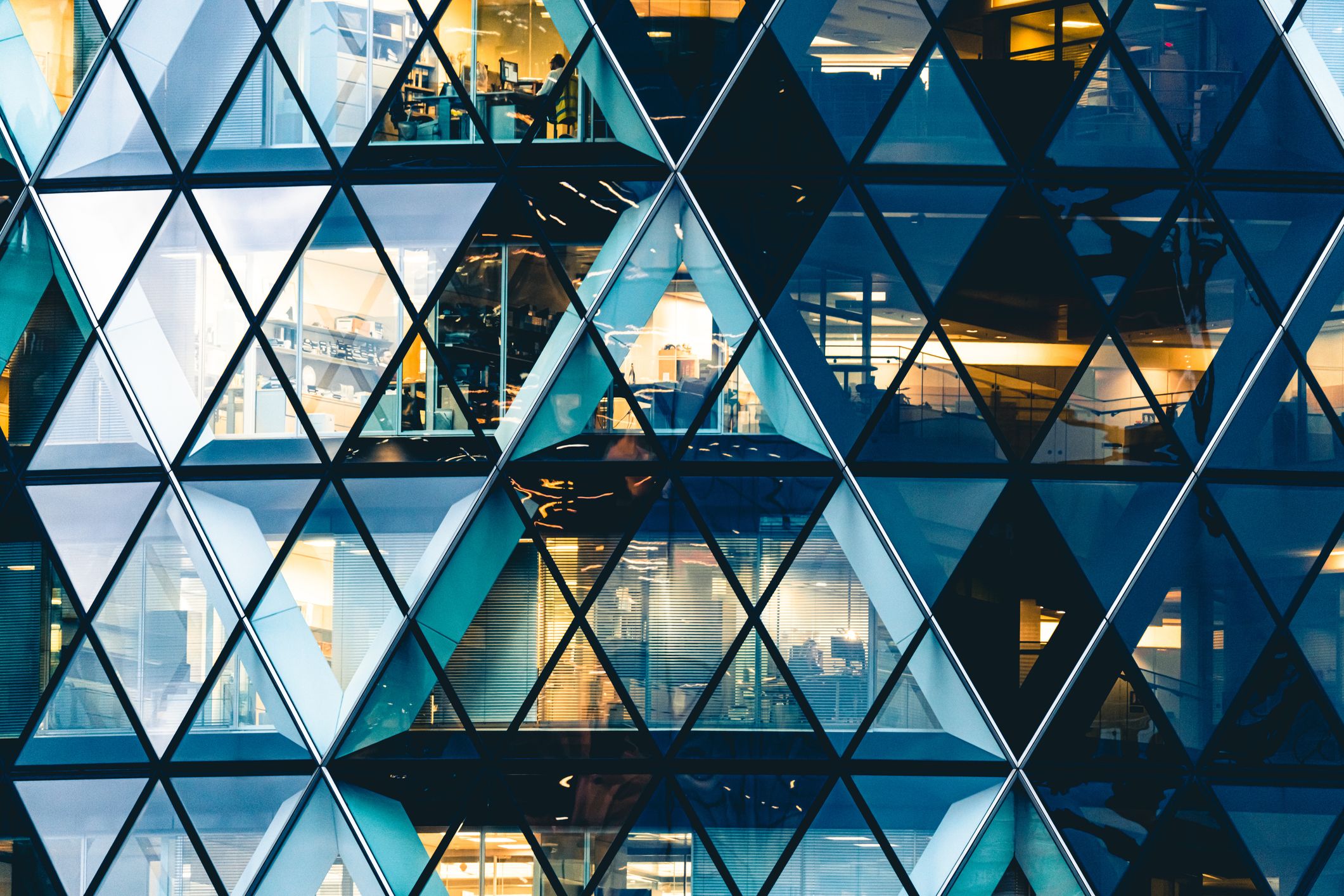
“Currently, glass is ‘heat soaked’, where it is heated to extremely high temperatures for long periods of time to destructively test panels, artificially stimulating NiS inclusion failure. This is both an energy- and time-consuming process,” explains Dr French. “By simulating a glass float line, IRIFIO demonstrated that vision sensors could identify tiny defects in glass during the production process – defects smaller than the 150 microns existing glass scanners can detect and certainly smaller than anything spotted through manual inspection.”
Through machine learning, the team developed a system that can establish whether flaws are NiS inclusions within the glass or dust sitting on top. “The successful implementation of such defect detection technology could result in cost savings of around £1.8m for toughened glass suppliers through the elimination of heat soaking process and a saving of 11,000m3 of glass which would otherwise fail as a false positive and could therefore be sold as toughened glass,” says Dr French.

“IRIFIO explored how 3D vision sensors and associated algorithms could be adapted to create improvements to the glass and ceramics production processes.”
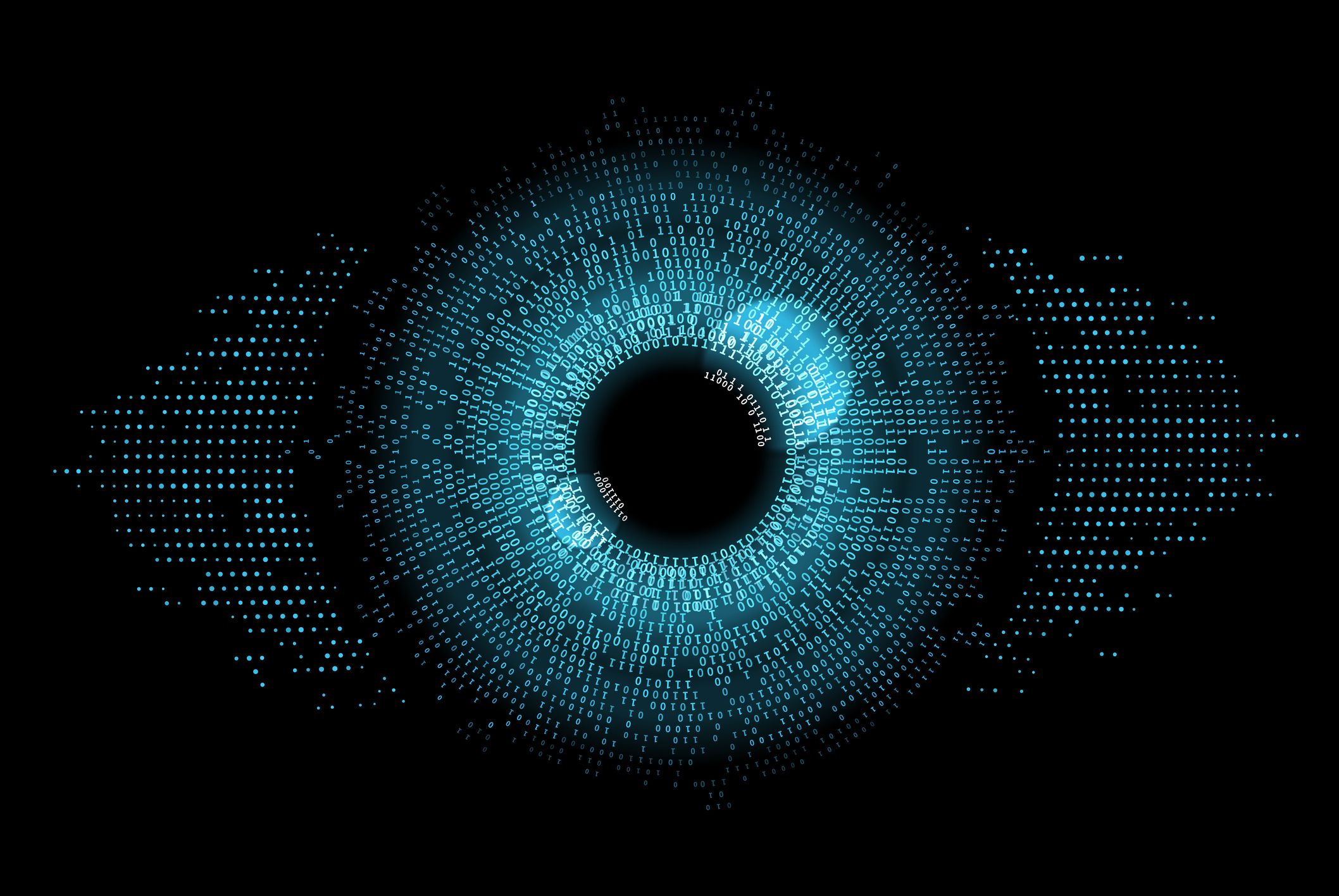
Ceramics
Ceramic production of all types requires hard-to-achieve repeatability. For sanitary ware, there are issues around drying the clay: too wet and energy is wasted firing the kilns; too dry and it risks cracking or exploding when fired.
By creating software to overlay thermal data on detailed 3D scans from stereo cameras, IRIFIO was able accurately assess the critical moisture content of clay, creating potential for significant cost and environmental savings in terms of reduced energy use and increased production yield. “In future, we would hope to attach scanners to a self-guided robot that could drive around inspecting the products,” says Dr French.
The team also achieved a ‘quick win’ by applying scanning technology to brick manufacturing. Variations in colour between batches of bricks is a particular problem for the construction industry, where builders need to ‘mix’ pallets to avoid getting patches of a particular colour on walls and buildings.
Currently, bricks are manually assessed but IRIFIO developed a simple colour imaging system for its sensors. “Bricks are relatively cheap to make, so non-uniform products simply go to roadbuilding as aggregate or landfill. But pressure on gas prices and the drive to reduce waste and emissions, means this technology is more appealing to industry,” says Dr French. “Brick manufacturers have already expressed interest in adopting it.”
The project has received considerable industry interest. Ideal Standard is exploring the deployment of the thermal sensing technology for its sanitary ware plants, and there is also the potential of using it in the ceramic moulds used for casting steel.
The team hopes to develop the glass technology as part of a TFI demonstrator project with a pilot plant at R&D centre Glass Futures. “An industry such as steel is already highly optimised compared with brick manufacture, for example. But using AI and machine learning means this technology can continue to improve, creating enhancements in already efficient systems. It enables highly-accurate, repeatable production processes – reducing waste, energy expenditure and cost. Crucially, it allows the Foundation Industries to respond to the demands of a lower-carbon future.”
